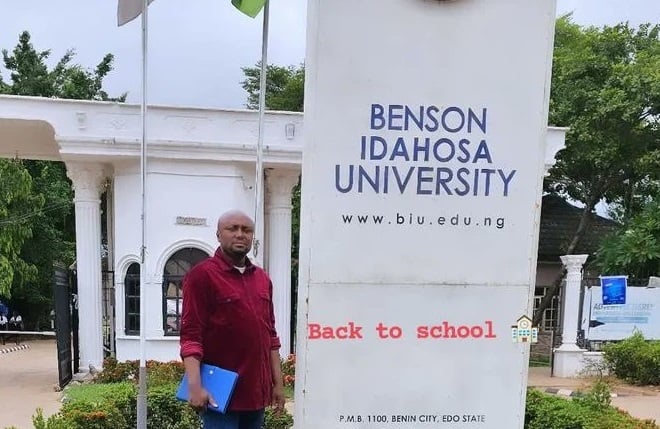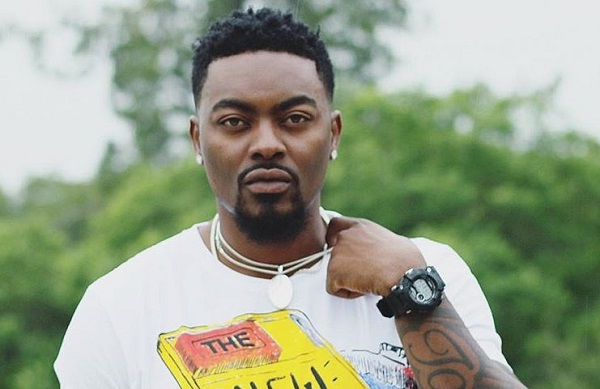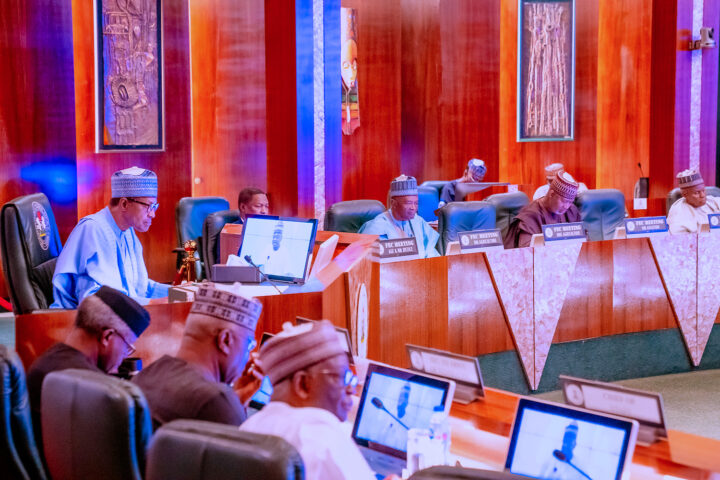The UN Global Compact Network Nigeria and Sightsavers, an international NGO, say private sector employers in Nigeria and across West Africa can mainstream disability inclusion in their workplaces.
This was the subject of discussion on Wednesday during a webinar themed ‘Advancing corporate sustainability through disability inclusion’, which was attended by representatives from the United Nations, the private sector, and civil society.
In her opening remarks, Naomi Nwokolo, executive director, UN Global Compact Network Nigeria, emphasised that disability inclusion is an integral part of the United Nations Sustainable Development Goals (SDGs).
“As business leaders and corporate citizens, we have a responsibility to ensure that our organisations are inclusive and accessible to everyone, including people with disabilities,” Nwokolo said.
Advertisement
“Disability inclusion is not just a moral imperative; it is also a business imperative. Studies have shown that companies that embrace diversity and inclusion, including disability inclusion, are more innovative, productive, and profitable than those that do not.”
During his keynote speech, Simon Brown, deputy technical director of economic empowerment at Sightsavers, said disability inclusion is not just the right thing to do ethically, but also good for business.
“The global economy loses six trillion US dollars each year because of the exclusion of persons with disabilities,” he said.
Advertisement
Joy Adeyinka Shuaibu, director of programme operations for Sightsavers, moderated a panel discussion with business experts who are making strides in disability inclusion.
The panelists were Omobolanle Victor-Laniyan, head of sustainability at Access Bank and board member of the UN Global Compact Network Nigeria; Odunayo Sanya, executive secretary of the MTN Foundation; and Ola Ehinmoro, human resources director for West Africa at Unilever (represented by Paul Agbai, human resources business partner, functions West Africa, Unilever).
The panelists addressed the benefits of disability inclusion for both employees and employers and how the private sector can tap into the benefits of mainstreaming disability. The three disability-confident companies also shared their best practices for implementing inclusive policies.
Businesses were enjoined to advance disability inclusion in their operations by actively involving persons with disabilities and their representative organisations in decision-making processes, ensuring accessibility in all aspects of their operations, and developing disability-specific policies and strategies.
Advertisement
The event concluded with a call to action for companies to commit to improving their disability inclusion efforts by aligning with the Ten Principles of the UN Global Compact and to partner with Sightsavers’ employment initiative.
Add a comment






